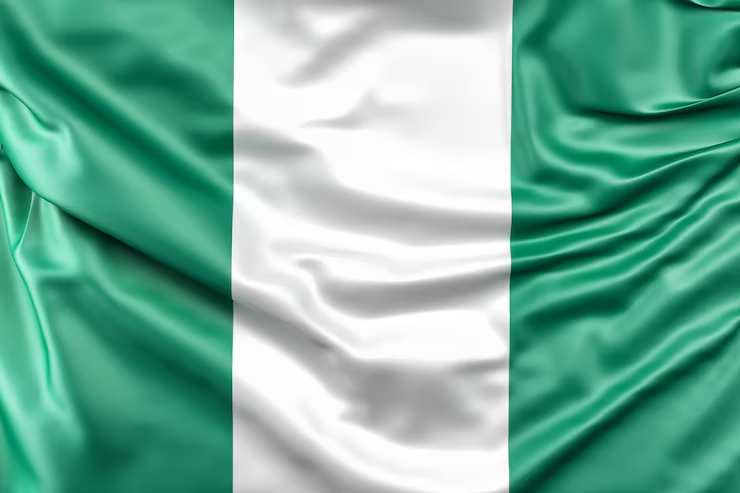By Atoyebi Nike
Nigeria is commemorating its 2025 Democracy Day with a mix of celebration, solemn reflection, and civic agitation as President Bola Ahmed Tinubu prepares to address the nation in a joint session of the National Assembly. Unlike in previous years, there will be no ceremonial parade in the capital, Abuja.
This year marks 26 years of uninterrupted democratic governance in Nigeria. The date, originally marked on May 29—the day former President Olusegun Obasanjo took office in 1999—was moved to June 12 in 2018 by the administration of former President Muhammadu Buhari, to honor the landmark June 12, 1993 election, widely considered Nigeria’s freest and fairest.
Nigeria’s Democracy Hailed as a Regional Model
Minister of Foreign Affairs, Yusuf Tuggar, hailed Nigeria’s democratic journey as a beacon for West Africa. In a statement released by his Special Assistant, Alkasim Abdulkadir, Tuggar said Nigeria’s progress serves as “a strategic contribution to regional peace” amid growing political instability in parts of the continent.
“Democracy is not just an internal affair. Our progress strengthens the African democratic project as a whole,” Tuggar noted.
Governors Reflect on Democratic Struggles and Progress
Across the country, state governors joined in commemorating the day, urging Nigerians to defend and deepen the democratic gains achieved over the years.
Governor Umaru Bago of Niger State described June 12 as a symbol of victory for the people’s will over tyranny. In a statement by his Chief Press Secretary, Bologi Ibrahim, Bago praised the democratic system for promoting transparency, accountability, vibrant political competition, and civic engagement.
Edo State Governor, Monday Okpebholo, echoed similar sentiments, calling on Nigerians to draw strength from the memory of Chief M.K.O. Abiola and the sacrifices made by democracy advocates. “It is a day to honour the memory of Chief M.K.O. Abiola and all those who played significant roles in the struggle for the democracy we now cherish,” he said.
Kaduna State Governor, Uba Sani, also described June 12 as a defining moment in Nigeria’s history. He urged citizens and leaders alike to recommit themselves to democratic ideals and work toward a just, inclusive nation.
In Rivers State, suspended Governor Siminalayi Fubara emphasized the importance of inclusive democratic participation, regardless of political affiliation. He noted that Rivers State’s own democratic journey—marked by both triumphs and trials—speaks to the need for continued vigilance and dedication to governance reforms.
Tension Mounts Over Planned Nationwide Protests
Despite the official tone of celebration, tension is mounting as the Take It Back Movement and other civic groups have announced plans to stage coordinated protests in Abuja and at least 19 other states. Protesters are expected to converge on the National Assembly during President Tinubu’s address.
Organisers of the protests say they aim to highlight growing threats to Nigeria’s democracy, including erosion of civil liberties, poor governance, and economic hardship. In Lagos, the police have increased security presence, while small groups of youths have reportedly begun gathering in Akure, the Ondo State capital.
Though the protests had not begun at the time of reporting, security agencies across the country are on high alert to forestall any breakdown of law and order.
